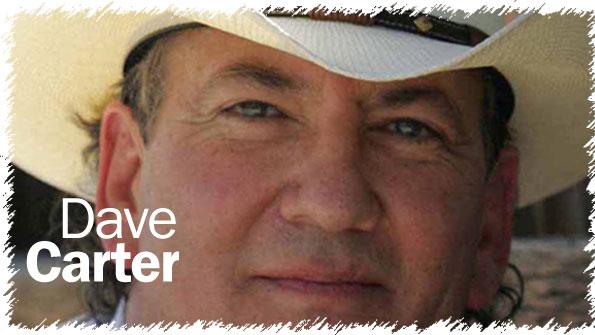Despite public belief, humane certification labels often go to industrialized farming operations rather than independent family farms.

As public concern over animal welfare has increased during the past few years, humane certification labels have sprouted like clover across the marketplace.
Certified Humane, American Humane Certified, Global Animal Partnership—these are only a few of the labels intended to give shoppers assurance that the meat, poultry and dairy products they purchase for their families come from farmers who are practicing responsible animal husbandry.
My very informal, completely unscientific research (translation: I visit with a lot of shoppers) indicates that the public tends to believe products carrying one of the humane certification labels are produced by family farmers and not by industrial agriculture.
Well, not so quick. In fact, large industrialized farming operations often have a much easier time complying with the certification requirements than do companies working with independent family farms.
Here’s why: Most poultry and pork today is produced under vertically integrated contract production systems. That means the company selling the branded product owns all of the hogs or chickens and contracts with individual farmers to grow those animals under specified protocols. The contracting company provides the feed and veterinary services, and the farmer serves as a type of hired hand, albeit one that has to provide a substantial capital investment in the form of housing used to produce the animals.
If the company participates in one of the humane certification programs, their contracts with the growers will specify that the houses and living conditions comply with the required protocols. The facilities will have a high degree of uniformity. And, the certification agency can verify compliance with random inspections of a specified number of the growers.
The cattle business, though, is not vertically integrated. Cattle are raised on a host of independent ranches located in a variety of regions and ecological conditions across the country. A company may buy animals from a southern region where shade is an important factor in humane husbandry, while the next shipment may come from a northern climate where winter shelter is more of a factor.
If the company wants to market its meat under some type of humane certification program, all of the ranchers in its network must be individually certified. For a rancher who seeks to market his animals to a variety of companies, that can mean participating in multiple certification programs, and paying the cost for multiple audits each year.
This isn’t a criticism of the certification programs. Those programs play an important role in providing assurance that animals are raised responsibly. Remember, though, that any program which requires compliance with a specific set of defined protocols will be more readily adapted by industrialized operations with assembly-line production than by independent producers raising animals under very dispersed, individualized operations.
About the Author(s)
You May Also Like




